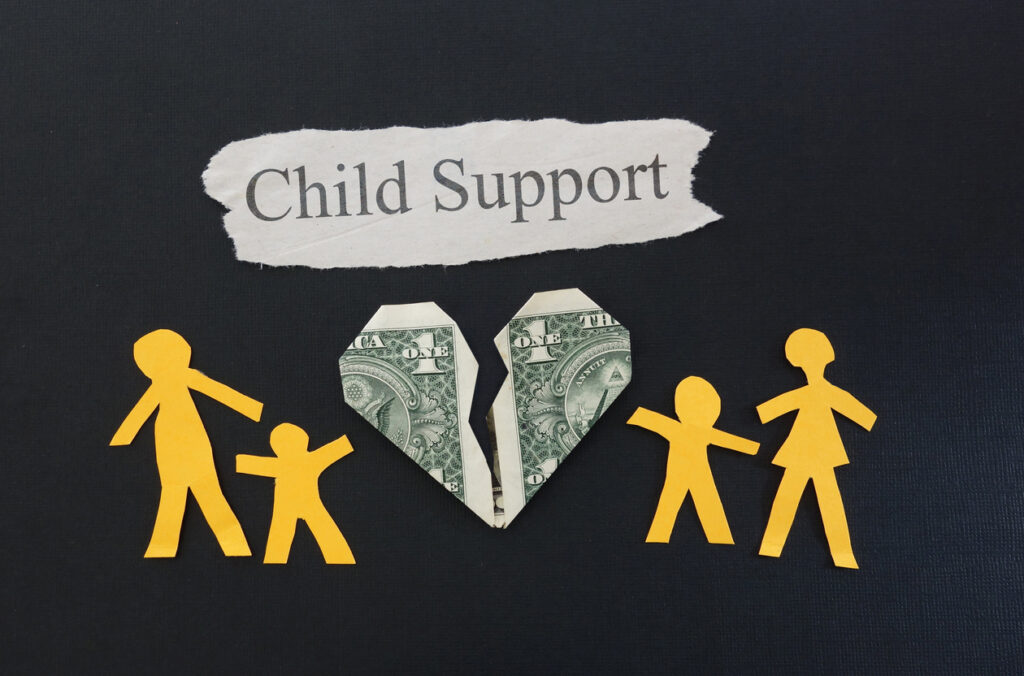Child support is a court-ordered payment made by one parent to the other for the financial benefit of their child or children. In most cases, it is paid to the parent with primary custody of the child. Child support can be used for a variety of expenses, including educational costs, medical bills, childcare, and recreation activities (e.g., the cost for club sports teams).
Calculating the Amount of Child Support
The amount of child support determined in each state is based on guidelines established by law. Generally speaking, these guidelines consider both parents’ incomes and any additional sources of income, such as bonuses, investments, and inheritances. In addition to this financial information, some states consider the number of children involved in the order and whether they are attending college or another educational program.
Failure to Pay Child Support
The consequences of not paying child support include having your wages garnished or being subject to fines and jail time. Suppose you fail to pay your court-ordered child support payments for an extended period of time. In that case, you could face severe consequences including having liens placed on property or suspensions from professional licenses like hunting and fishing licenses until you comply with your support obligations.
New Circumstances
If a parent loses their job or becomes unable to work due to illness or injury, they may petition the court to change their existing child support order to reflect their new circumstances. The court will consider many factors when determining whether a modification should be granted. The court will also likely require proof of a change in circumstances.
Examples of these changes include job loss or promotion, physical health issues that make one party unable to work, remarriage, etc. In addition, depending on each individual’s situation, either party may also be responsible for covering additional expenses, such as out-of-pocket medical bills or any new extracurricular activities decided upon outside the initial agreement between the parents.
Tax Implications
Parents should be aware of several tax implications associated with receiving or paying child support payments before entering into an agreement. Generally speaking, if a custodial parent receives monthly payments from a noncustodial parent, they are not required to report them as taxable income; however, these payments may decrease any tax credits that would otherwise be available to them. On the other hand, noncustodial parents making regular payments must claim those amounts as taxable deductions on their taxes every year in order for them to be credited against their tax liability.
Are you getting a divorce and need guidance on child support and child custody? Get in touch with an attorney at our office today by calling (203) 339-0050.
©2023 José Antonio Pol & Associates, LLC All Rights Reserved | Site By The Rainmaker Institute | Privacy Policy

